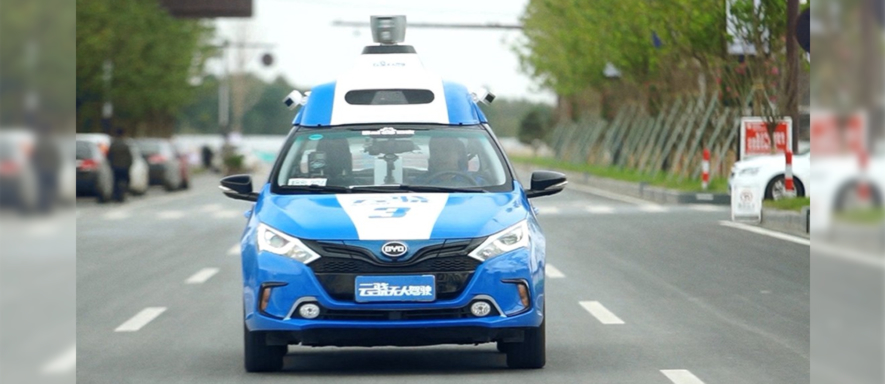Chinese search-engine colossus Baidu which is the country’s equivalent to Google has announced plans to invest $1.5bn in self-driving technology as part of its overall strategy to expand the ecosystem of its Apollo autonomous vehicle platform.
In the financial earnings report filed by Baidu last year, the multinational corporation which is headquartered in Beijing stated that its Apollo system was compatible with computing platforms such as NVIDIA, Intel and NXP.
In addition to this, the search-engine services firm proceeded to sign up more than 90 partners to the program and one of those partners, auto manufacturer BAIC Group, expressed its intentions to use the platform to mass-produce vehicles with level 3 autonomous features around 2019 and fully autonomous level 4 cars around 2021.
Baidu Chief Financial Officer, Herman Yu said its investment in self-driving technology represented Baidu’s belief that the autonomous driving revolution will create new growth and revenue opportunities for the Chinese company.
Yu said, “Entering 2018, we plan to continue our strategy to exit non-core businesses and increase investments in Baidu’s mobile and new AI businesses, which we believe play to our strengths as a technology leader and will sow the seeds for Baidu’s future growth in autonomous driving and conversational AI, particularly in the home environment.”
The Chinese search engine multinational enjoyed a good fiscal year in 2017. It reported a net income increase of 58% year-on-year to CNY18.3bnm whilst total revenue rose by 20% to CNY84.8bn. Its online marketing revenue also increased by 13% and its mobile revenue made up 73% of Baidu’s overall revenue.
Baidu had about 775,000 active online marketing customers by the end of 2017, representing a 21 per cent decrease from 2016. R&D expenses jumped 25 per cent year-on-year to CNY3.7 billion, which it said was due mostly to higher staff costs.





